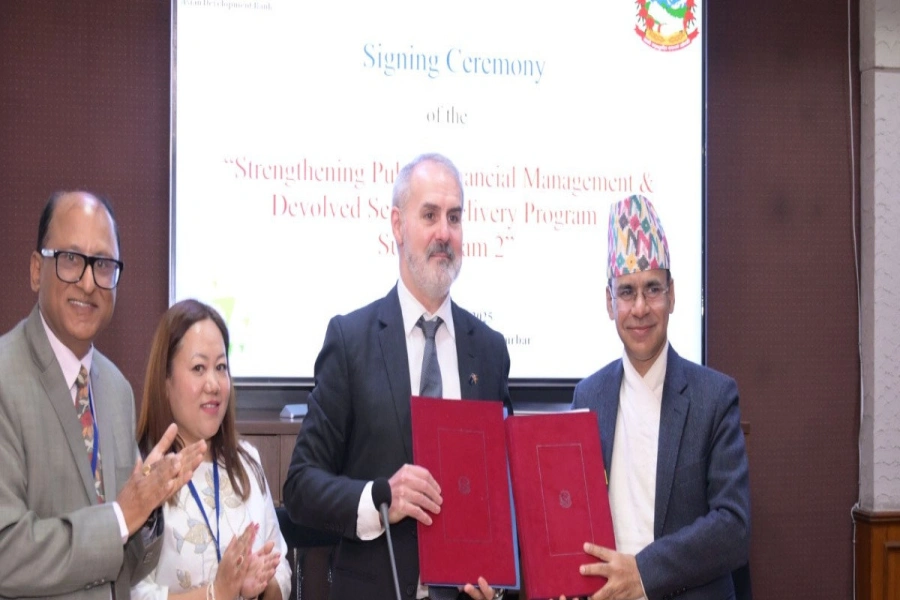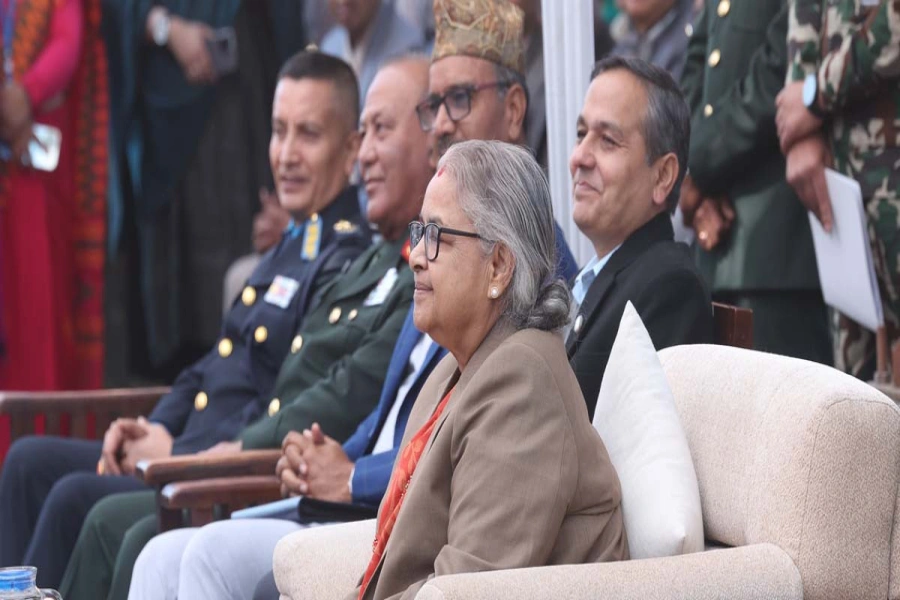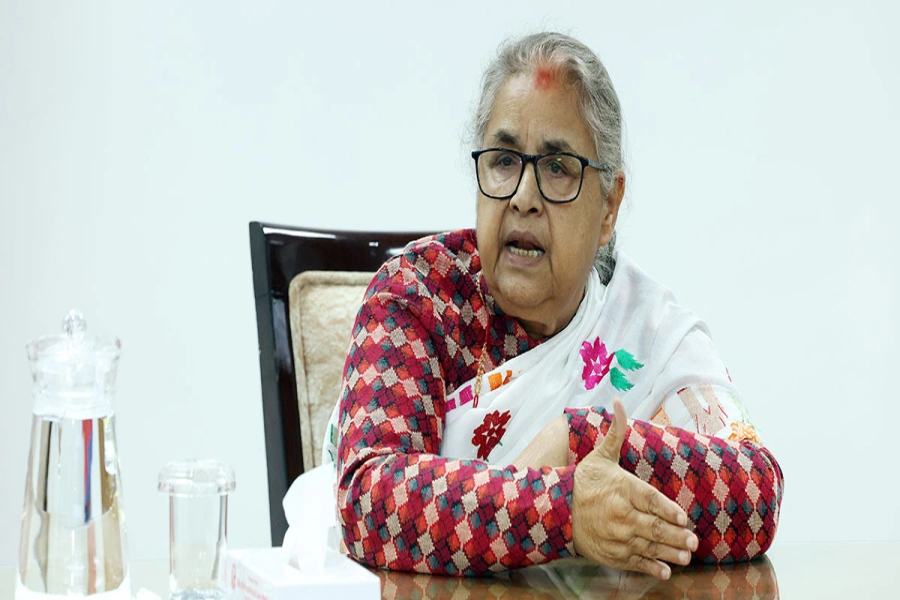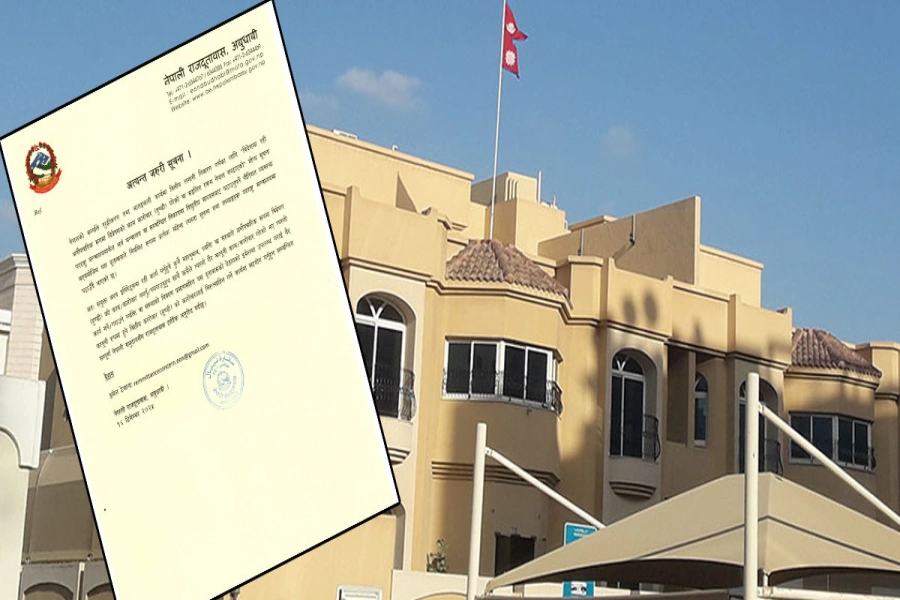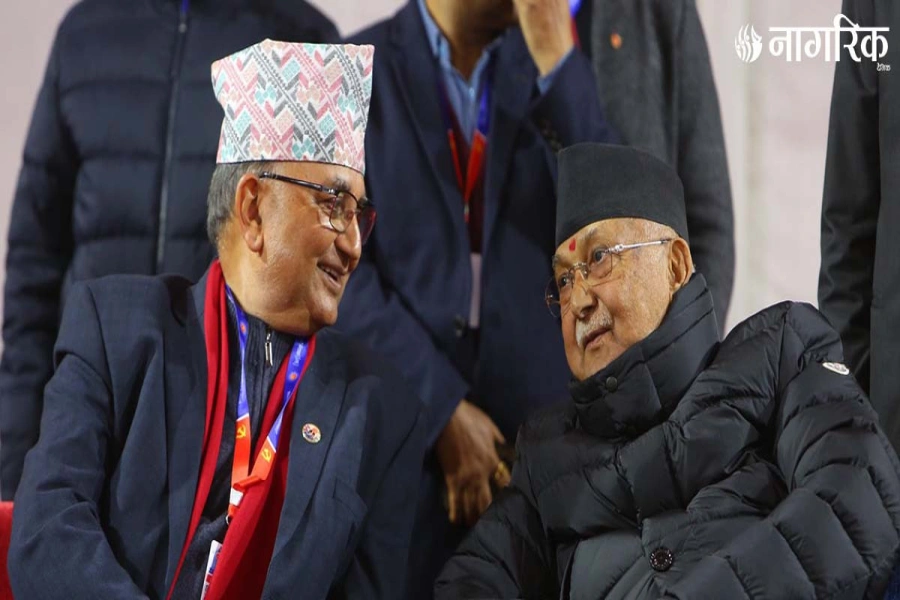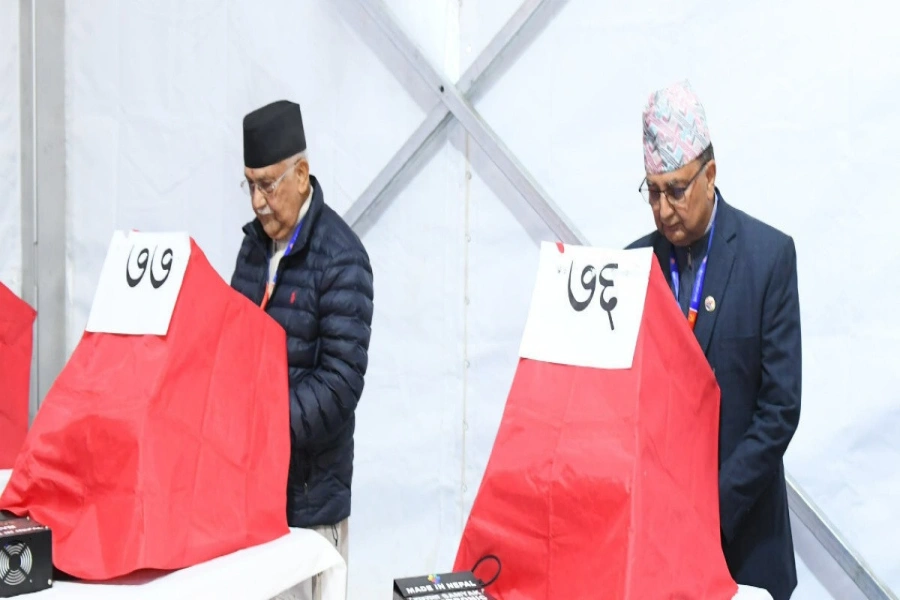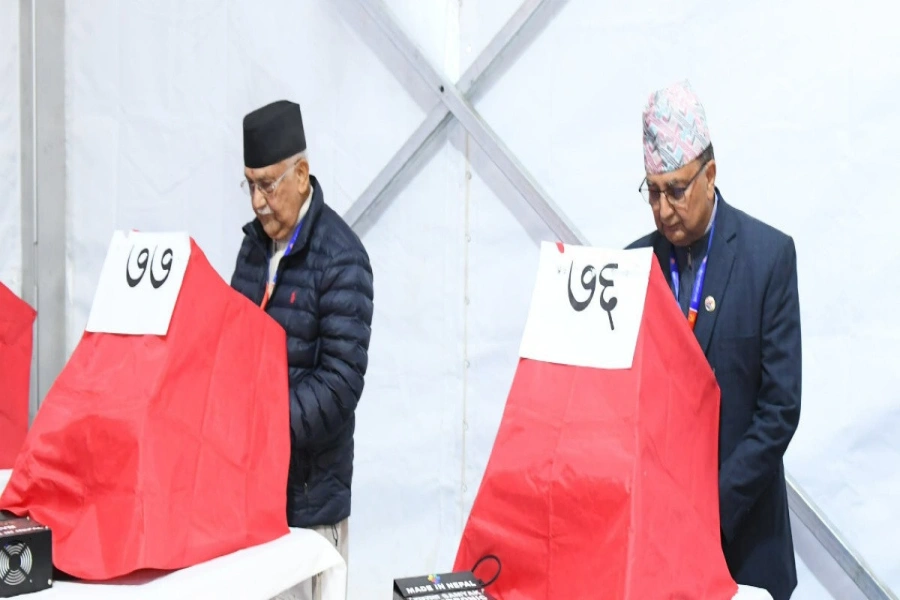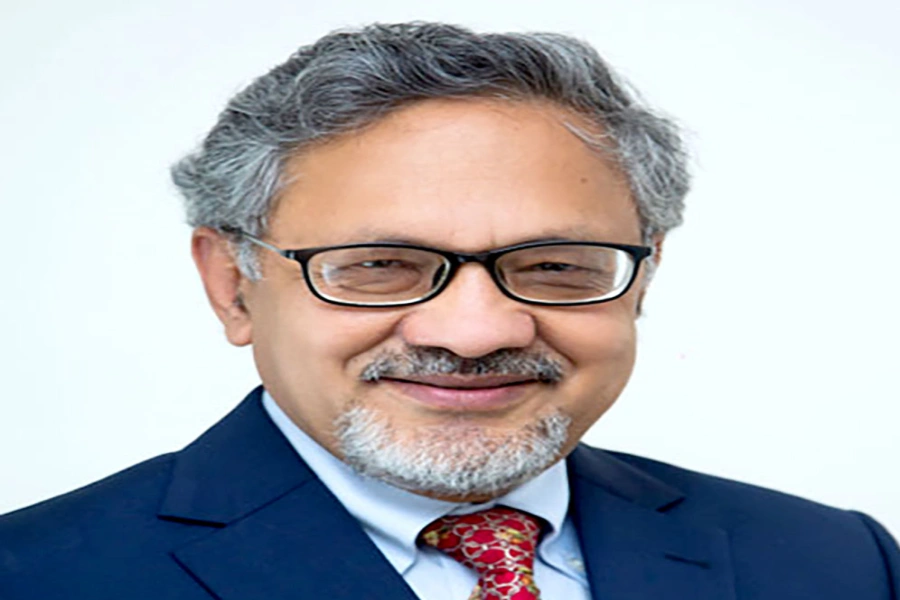KATHMANDU, July 31: An estimated 78 million babies – or three in five – are not breastfed within the first hour of life, putting them at higher risk of death and disease and making them less likely to continue breastfeeding, according to a new report by the UNICEF and WHO. Most of these babies are born in low- and middle-income countries.
Earlier studies, cited in the report, show that newborns who began breastfeeding between two and 23 hours after birth had a 33% greater risk of dying compared with those who began breastfeeding within one hour of birth. Among newborns who started breastfeeding a day or more after birth, the risk was more than twice as high.
The report notes that newborns who breastfeed in the first hour of life are significantly more likely to survive. Even a delay of a few hours after birth could pose life-threatening consequences. Skin-to-skin contact along with suckling at the breast stimulates the mother’s production of breast milk, including colostrums, also called the baby’s ‘first vaccine’, which is extremely rich in nutrients and antibodies.
UNICEF estimates over 1,500 babies will be born in Nepal on New...

Breastfeeding rates within the first hour after birth are highest in Eastern and Southern Africa (65%) and lowest in East Asia and the Pacific (32%), the report says. Nearly 9 in 10 babies born in Burundi, Sri Lanka and Vanuatu are breastfed within the first hour. By contrast, only two in 10 babies born in Azerbaijan, Chad and Montenegro do so.
The report has praised Nepal for its efforts to protect breastfeeding on a national scale. “Nepal is one country that has taken on seriously the challenges of protecting breastfeeding on a national scale. The country fully implemented the Code of Marketing of Breast-milk Substitutes in 1992,” the report states.
UNICEF reports that all primary health care facilities provide individual counseling on infant and young child feeding and that all districts implement community-based nutrition, health, or other programs with Infant-Young Child Feeding (IYCF) counseling.
“In Nepal, data on breastfeeding rates have been collected every five years consistently since the 1990s and the WBTi assessment has been completed four times since 2005. Even during the devastating earthquake that shook Nepal in 2015, government and partners worked to protect against the untargeted distribution of infant formula and provided breastfeeding counseling and support to affected mothers,” the report reads.
It is estimated that $2.9 million of funding from external donors is being spent on breastfeeding support, which translates to just over $5 per birth. This commitment to addressing breastfeeding as a critical public health issue is reflected in high breastfeeding rates. Sixty-six percent of infants under 6 months of age are exclusively breastfed and at two years, 89% are still breastfeeding.
However, there are challenges that need to be addressed. These include providing mothers with the support they need, “too short” maternity leave, dormant Baby-friendly Hospital Initiative, weak monitoring for violations of the code, improvements for counseling services.
According to Dr. Prakash Sunder Shrestha, President of the Nepal Breastfeeding Promotion Forum, “The persistent failure of governments to invest significantly in breastfeeding is hard to comprehend. Many thousands of babies die each year because they did not enjoy the benefit of breastfeeding and multiple thousands more grow up deprived of the many wonders of this special gift of god of nature and of the mother.”



